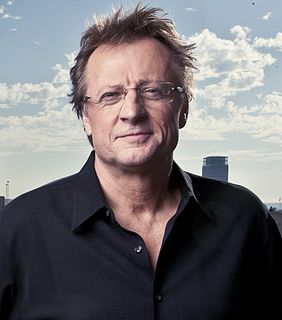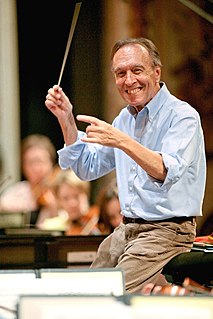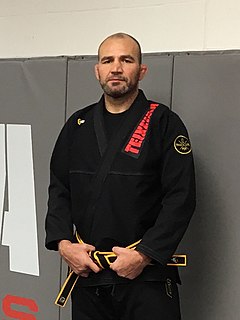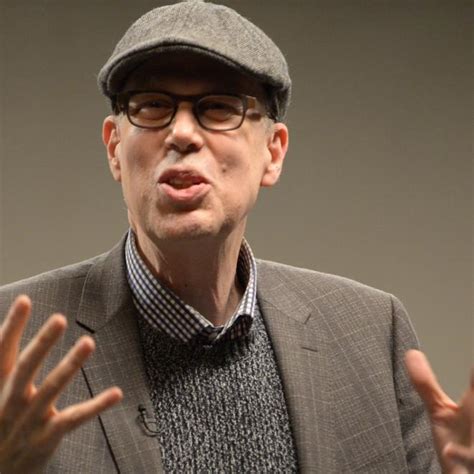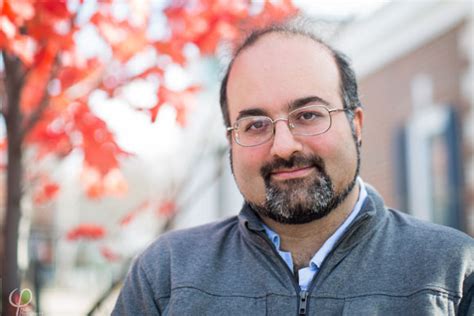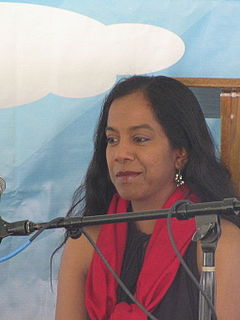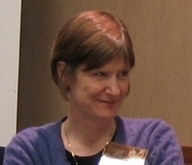A Quote by Sarah Paulson
I will do plays as long as they're interested in having me do them. It's the biggest opportunity to learn the most about how to act. Something I discover every time I'm doing one is how little I know about acting - how important the art of listening is, and how important it is to listen with your entire body. You can tell so much of a story with stillness, and a lot of that can be from really actively listening to your scene partner.
Related Quotes
Be ruthless in one important area: Yourself. Be ruthless about your commitment to Christ. Be ruthless about your intellectual growth. Be ruthless about finishing well. One of the biggest areas we should be ruthless about is our time. How much time do you spend complaining about your problems to people who can't help you solve them? How much time do you talk when you should be doing? When it comes to others, be gracious. But when it comes to you and your time, be ruthless.
I think since I was in drama school, I wanted to direct in the theatre. When you are an actor, you just have to open your eyes and you start to learn a lot about how to survive on set and what's important and how to tell a story. Directing is really about putting yourself out there, to be slapped in a way. You know that in the kitchen, you're gonna get burned. It's very scary but very exciting as well. If you have something to say, you have nothing to lose and you probably learn from the experience.
Listening is terribly important if you want to understand anything about people. You listen to what they say and how they say it, what they share and what they are reticent about, what they tell truthfully and what they lie about, what they hope for and what they fear, what they are proud of, what they are ashamed of. If you don't pay attention to other people, how can you understand their choices through time and how their stories come out?
I don't think there's a right or wrong things in your style. It's about how you clearly reflect who you are; how you more clearly tell the story. Who are you? How do you want to transmit that to the world, and how do you more clearly say that? Then I have a philosophy, FFPS: fit, fabric, proportion, and silhouette. Proportion's everything, really, knowing your body and understanding that. Those things have been really crucial for me. It's about being clear about the story you want to tell to the world about who you are - and maybe a little bit of FFPS.
The secret is to listen, open your mind, listen to the pros. With the help of the UFC's Performance Institute, too. Listening to my coaches and listening to my body, too. Having discipline. It's not just listening, too, because sometimes people have the knowledge but don't know how to use it. You need to be able to put that to practice.
Even my colleagues don't read classic criticism. And my feeling is that if you don't do that then you're not really practicing your craft. That's how you learn how to do it. You don't learn how to write about jazz just from listening to jazz. You learn how to write by reading the great writers and how they worked, the great music critics.
When I ask, “How are you?” that is really what I want to know. I am not asking how many items are on your to-do list, nor asking how many items are in your inbox. I want to know how your heart is doing, at this very moment. Tell me. Tell me your heart is joyous, tell me your heart is aching, tell me your heart is sad, tell me your heart craves a human touch. Examine your own heart, explore your soul, and then tell me something about your heart and your soul.
Don't speak to me about your religion; first show it to me in how you treat other people. Don't tell me how much you love your God; show me in how much you love all God's children. Don't preach to me your passion for your faith; teach me through your compassion for your neighbors. In the end, I'm not as interested in what you have to tell or sell as I am in how you choose to live and give.
To me, the most shocking thing about grit is how little we know, how little science knows, about building it. Every day, parents and teachers ask me, 'How do I build grit in kids? What do I do to teach kids a solid work ethic? How do I keep them motivated for the long run?' The honest answer is, I don't know.
I really try to avoid, you know, rolling out the history. The people are so important to me, and what happens to them, how they react, how things happen to them, this is what is important. I feel that if I can tell THAT story well, then people will go and Google the rest and fill in what they need to know.

